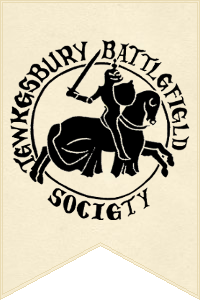May 13th 1471: Stand-off at Kingston Bridge
King Edward, still in Coventry, was concerned about rebellions brewing in the north and south of the country and deciding which way to take his army was a problem. His problem was resolved, though, with news from the north that the rebellion there had evaporated. The Earl of Northumberland had decided that his future lay with the Yorkists and there was no other focus for the malcontents. The city of York promised obedience to the King. The rebel leaders were arrested. He couldn’t have wished for a better outcome.
Things were not as rosy in the south, though. Fauconberg changed his approach, leading his men west to Kingston Bridge, the next crossing point, so that he could make his way north and possibly attack the city from another direction with the help of reinforcements from Essex. The city defenders saw the danger and sent men up the river to defend the crossing. There was a parley on the bridge which somehow persuaded Fauconberg to give up the effort.
Warkworth’s Chronicle describes this episode, highlighting the potential dangers from Fauconberg’s army but suggesting that the rebels had been easily outwitted:
The Lord Scales, and diverse other of King Edward’s counsel that were in London, saw that the Bastard and his host went westward, and that it should be a greater jeopardy to King Edward than was Barnet field or Tewkesbury field, wherefor they promised to the Bastard, and to diverse other that were about him, and in especial to one Nicholas Faunt, Mayor of Canterbury, that he should entreat him to turn homeward again. And for as much as fair words and promises make fools fain, the Bastard commanded all his host to turn to Blackheath again
Fauconberg did abandon the attempt, returning his troops to Southwark, where they lined St George’s Fields in battle array, ready for the morrow.

